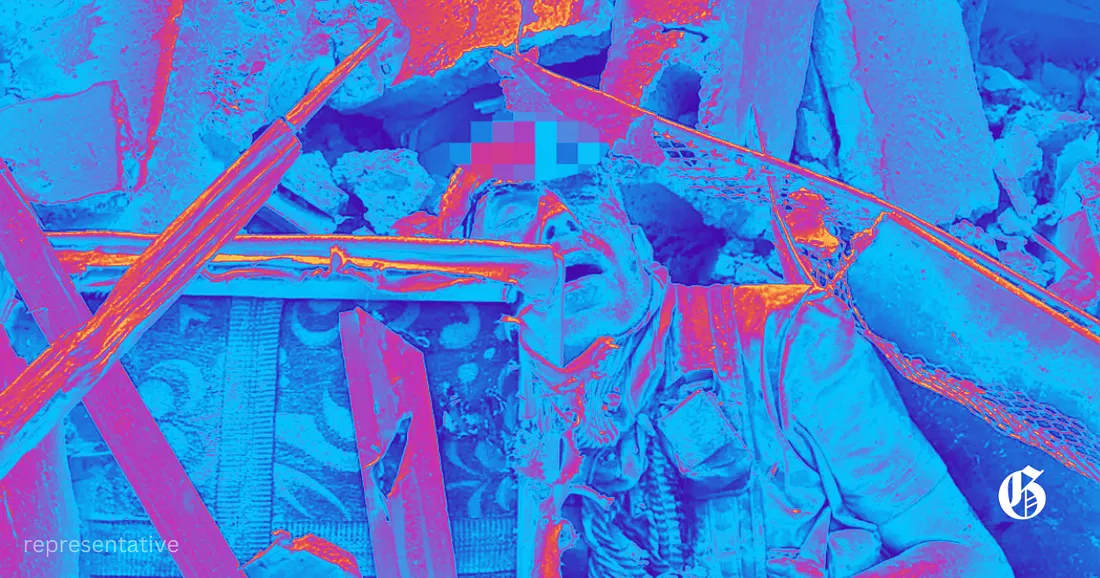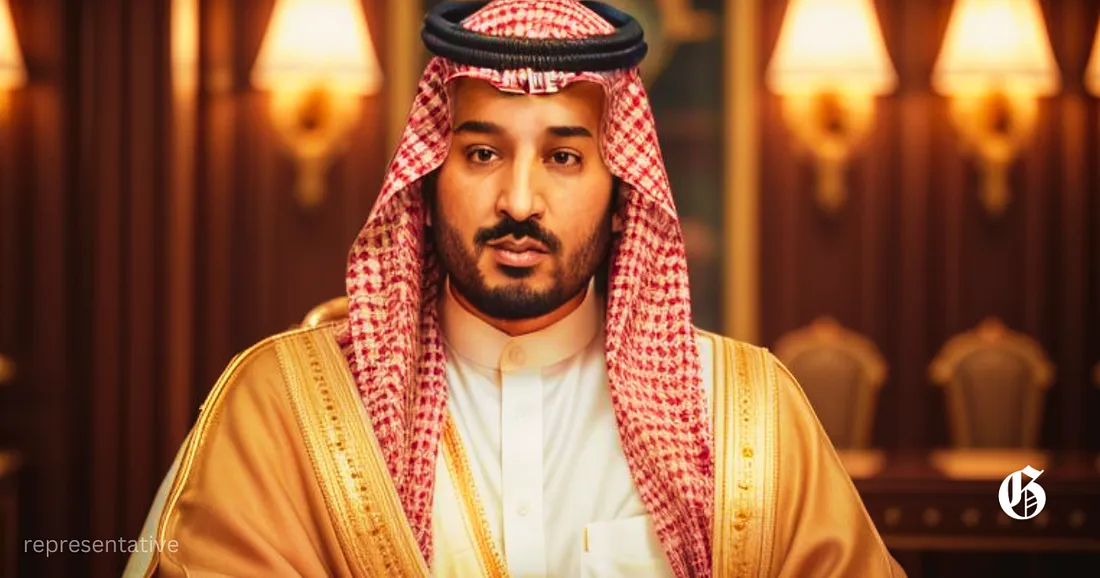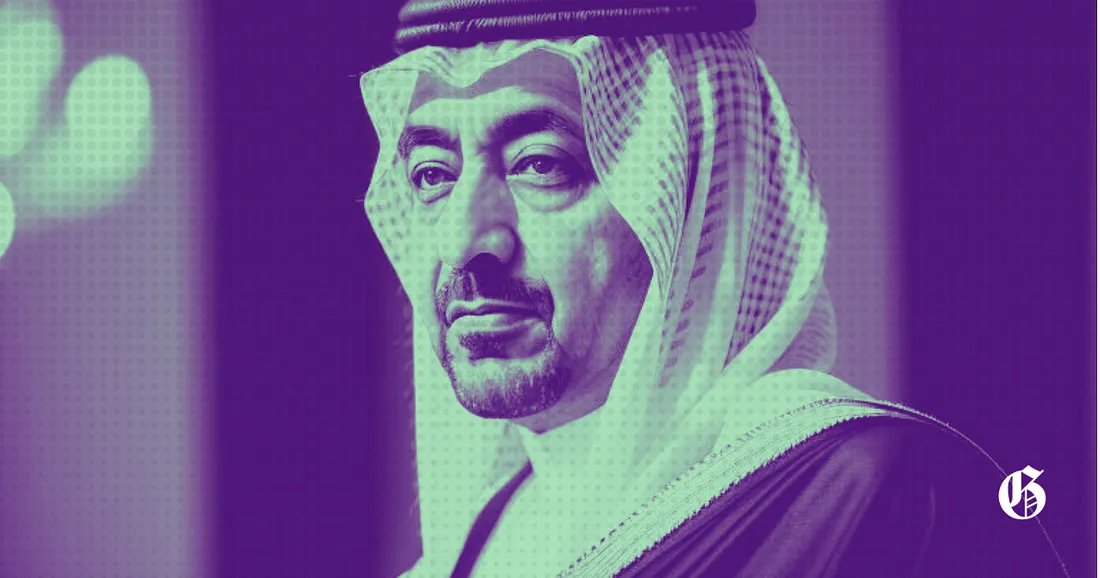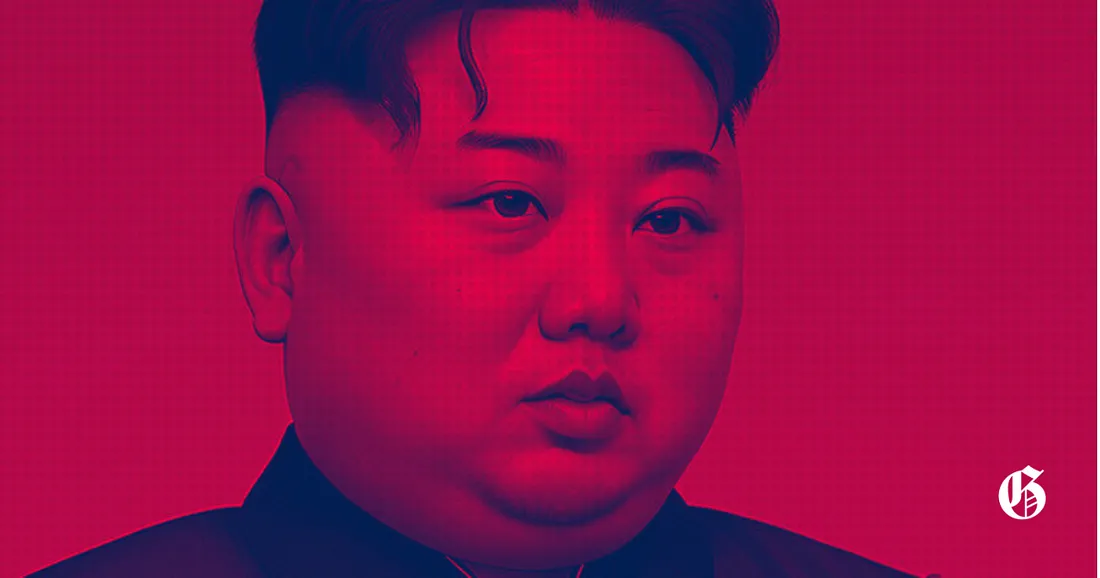The Impact of Yahya Sinwar’s Elimination on Hamas and Regional Stability
The recent elimination of Yahya Sinwar, the Hamas leader responsible for orchestrating the heinous attacks on Israel on October 7, 2023, marks a significant victory not only for Israel but also for global efforts to combat terrorism. Sinwar’s leadership over Hamas was characterized by brutality, with his actions leading to the deaths of thousands of innocent civilians. His removal is a pivotal moment in the fight against violent extremism and sends a strong message about accountability in leadership.
Yahya Sinwar: A Legacy of Violence
Yahya Sinwar was known for his ruthless tactics and strategic planning within Hamas. His leadership saw the group engage in mass killings, kidnappings, and widespread destruction without regard for human life. The attack he masterminded in October 2023 resulted in over 1,200 fatalities and hundreds of kidnappings, igniting a conflict that has since claimed tens of thousands of lives (NPR [1]). Under his command, Hamas continued its relentless campaign of violence, targeting civilians in Israel and perpetuating a cycle of fear and devastation.
Sinwar’s death is not just a military victory; it represents a moral victory for all nations that value peace, human rights, and justice. Terrorist organizations like Hamas thrive on spreading fear, but the removal of key figures like Sinwar demonstrates that accountability is possible. His elimination sends a clear message to terrorist leaders worldwide: no one is beyond the reach of justice (Council on Foreign Relations [2]).
Implications for Hamas and Regional Dynamics
The death of Sinwar opens up possibilities for progress in the region. His presence as a leader made negotiations for peace nearly impossible, as Hamas’s goals are often irreconcilable with peaceful resolutions. With his death, Hamas faces further destabilization, and the remaining leadership may struggle to regroup and continue their campaigns of violence. This situation could create a window of opportunity for diplomatic efforts aimed at achieving lasting peace in the region (The Washington Post [3]).
While the immediate impact of Sinwar’s death may lead to uncertainties within Hamas, the long-term benefits could be significant. His removal has severed one of the key leadership ties within the organization, potentially weakening its operational capabilities. The international community must now focus on strengthening alliances and continuing efforts to dismantle terrorist networks. The elimination of Sinwar should serve as a turning point that galvanizes efforts toward achieving stability and security (The Times of Israel [4]).
The Broader Context: Terrorism and Global Security
The world is undeniably a safer place with Sinwar gone. His brutal leadership and unrelenting quest for destruction left a trail of devastation; however, his death brings hope that peace might finally have a chance to take hold in a region long plagued by conflict. The Israeli Defense Forces (IDF) executed this operation with strategic precision, showcasing their commitment to counterterrorism efforts (AP News [5]).
Yet, while this operation is celebrated as a victory against terrorism, it also raises questions about the future trajectory of Hamas and its influence in Palestinian society. The group has deep roots among many Palestinians who view it as a resistance movement against Israeli occupation. Therefore, while eliminating leaders like Sinwar disrupts organizational structures, it does not eliminate the underlying grievances that fuel support for such groups.
Conclusion: A Call for Continued Vigilance
Yahya Sinwar’s elimination is indeed a significant development in the ongoing conflict between Israel and Hamas. However, it serves as a reminder that while individual leaders can be removed, broader issues driving extremism must also be addressed. The international community must remain vigilant in its efforts to promote peace and stability in the region.
As we reflect on this event, it is crucial to recognize that true security will require addressing the root causes of conflict—inequality, lack of political representation, and social injustice—rather than solely focusing on military solutions. Only through comprehensive strategies that include diplomatic engagement can we hope to achieve lasting peace in the Middle East.















